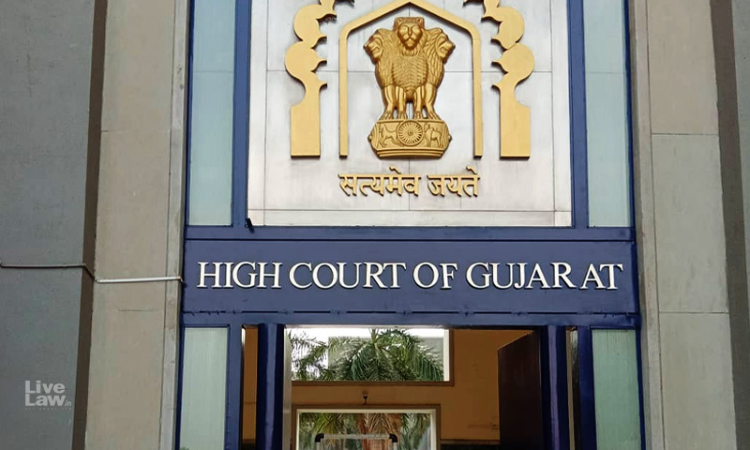Taking note of the practice of filing long affidavits before the Court in contempt matters, the Gujarat High Court today directed the Government pleaders to restrict their affidavits to a maximum of three pages.The Bench of Chief Justice Aravind Kumar and Justice Ashutosh Shastri orally remarked thus:"This practice of filing affidavits in 8 pages, 12 pages should stop in contempt matter. This...

